STARGARD, POLAND—Science in Poland reports that researchers led by Andrzej Ossowski of the Pomeranian Medical University are examining the remains of 64 men unearthed at Stalag II-D, a German prisoner of war camp in northwestern Poland during World War II. Most of the men are thought to have been Russian Red Army soldiers, although fragments of Polish and Belgian army uniforms have also been recovered, Ossowski explained. These prisoners are thought to have died over a period of four days in December 1941, based upon Russian military data. “The scale is incredible—a dozen or so people per day died in the camp,” Ossowski said. “There are no traces that would point to a brutal death mechanism—shooting or torture, which we have seen during our work in Stutthof, Treblinka, or Sobibor,” he added. Exhaustion due to labor, malnutrition, and lack of medical care, however, may have made the prisoners vulnerable to infectious diseases. “We plan to carry out pioneering testing for the presence of pathogens in the preserved bone material,” Ossowski concluded. To read about identification of the remains of seven nuns who were murdered by the Soviet soldiers near the end of World War II, go to "Around the World: Poland."
Remains of Prisoners of War Exhumed in Poland
News January 25, 2022
Recommended Articles
Digs & Discoveries November/December 2025
Canine Couture
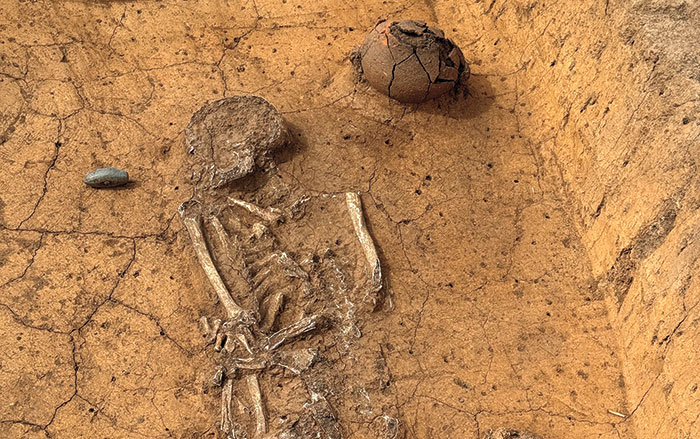
Digs & Discoveries September/October 2025
Good Night, Sweet Prince
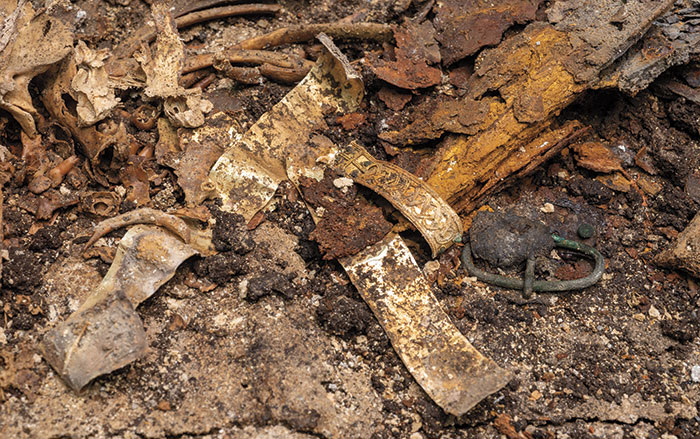
Digs & Discoveries July/August 2025
Saints Alive
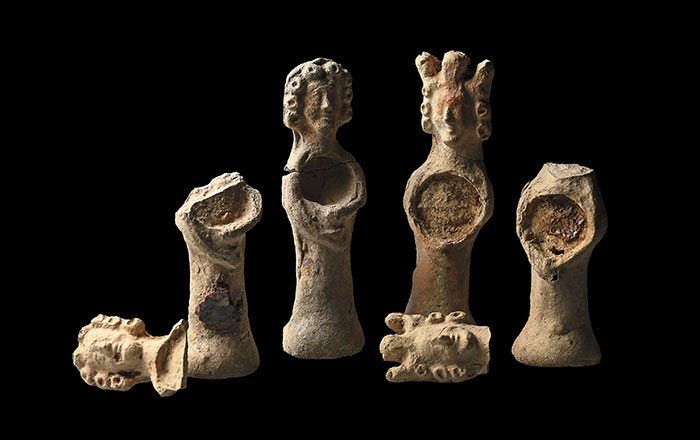
Digs & Discoveries July/August 2025
Soldiers of Ill Fortune
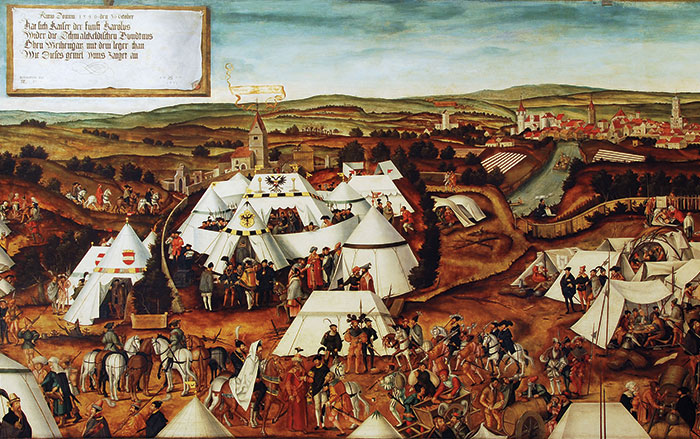
-
Features November/December 2021
Italian Master Builders
A 3,500-year-old ritual pool reflects a little-known culture’s agrarian prowess
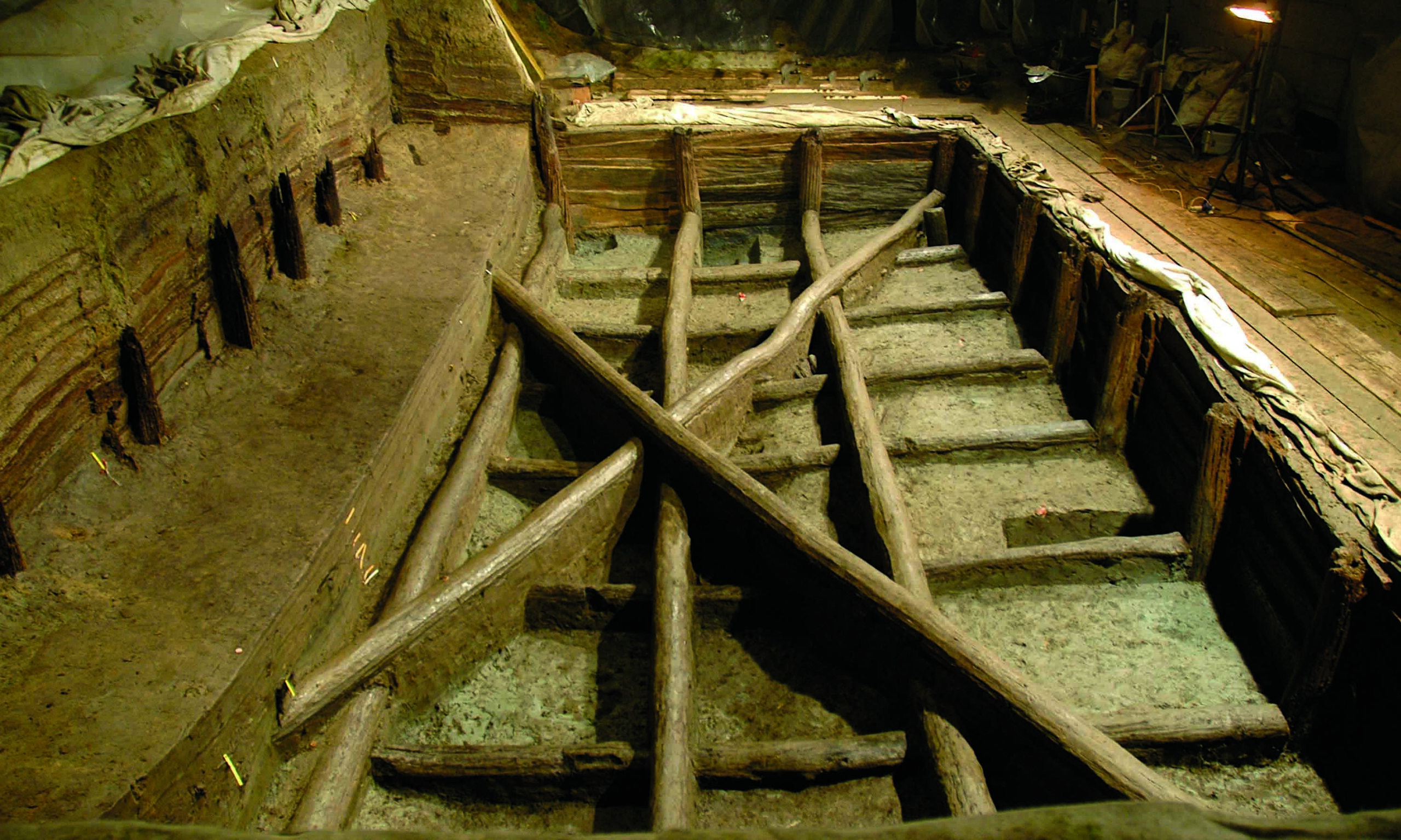 (Ministero della Cultura)
(Ministero della Cultura) -
Features November/December 2021
Ghost Tracks of White Sands
Scientists are uncovering fossilized footprints in the New Mexico desert that show how humans and Ice Age animals shared the landscape
 (Jerry Redfern)
(Jerry Redfern) -
Features November/December 2021
Piecing Together Maya Creation Stories
Thousands of mural fragments from the city of San Bartolo illustrate how the Maya envisioned their place in the universe
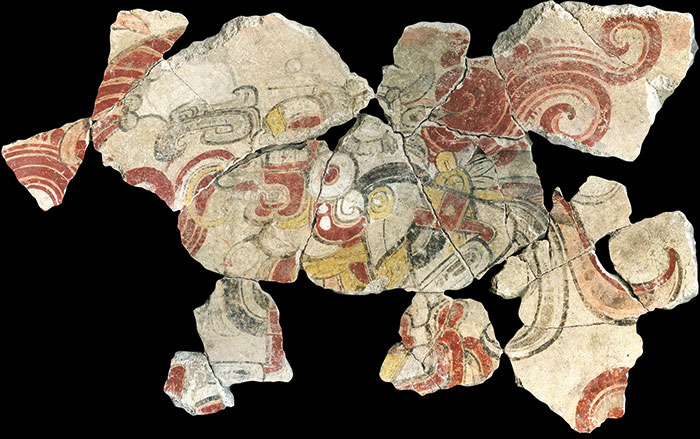 (Digital image by Heather Hurst)
(Digital image by Heather Hurst) -
Features November/December 2021
Gaul's University Town
New excavations have revealed the wealth and prestige of an ancient center of learning
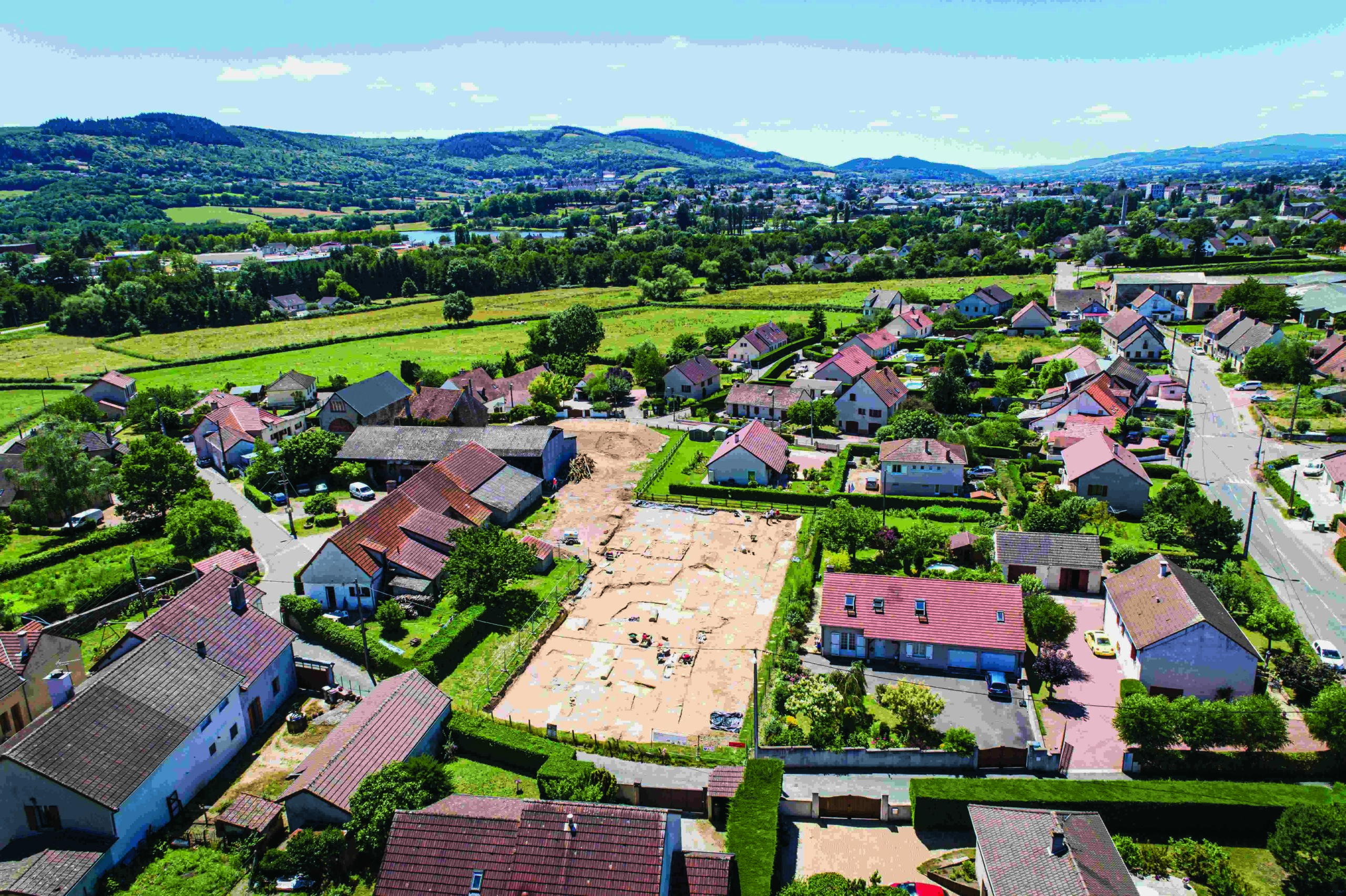 (Digital image by Heather Hurst)
(Digital image by Heather Hurst)


